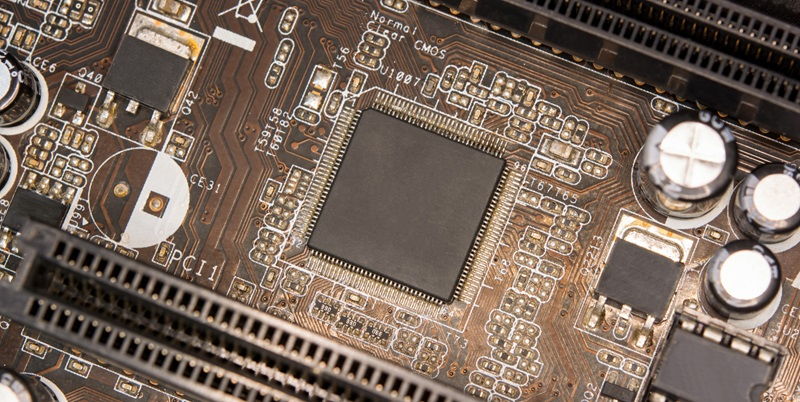In the cutthroat world of CPU production, Intel has long held the crown, but there’s a shift in the status quo. AMD is making notable strides, capturing more of the desktop CPU market segment. A recent Mercury Research report highlights that AMD’s market share rose to 19.8% in Q4 of 2023. This growth, though modest, is important—it represents a 0.6% increase from the previous quarter and a 1.2% uptick from the year before. AMD’s ascent is particularly impressive given the fiercely competitive nature of the industry where companies vie intensely for every fraction of market share. Intel, once the unchallenged leader, is now facing a rigorous competitor in AMD, which seems to be gaining ground steadily. As this battle for CPU dominance continues, every move AMD makes in claiming an additional percentage of the market reflects a significant shift in the competitive landscape, underscoring an era where the historic dominance of Intel can no longer be taken for granted.
Analyzing AMD’s Strategic Growth
Amid stagnation in product launches in the latter half of 2023, AMD’s incremental gains are commendable. The company’s existing product lineup seems to have found a sweet spot in both performance and pricing, striking a chord with the consumer base. Market analysts speculate that strategic price reductions have played a pivotal role, making AMD’s offerings irresistible to bargain-seeking customers, without compromising on performance. Meanwhile, Intel’s recent Raptor Lake Refresh launch has not generated the expected buzz, which might have inadvertently benefited AMD.
In the mobile segment, AMD has also witnessed noteworthy growth with their market share ascending to 20.3% in Q4 2023, a 0.8% increase from the third quarter. The chips from AMD have been steadily finding their way into more laptops, a segment previously dominated by Intel. This shift is possibly a reflection of consumer confidence bolstered by AMD’s competitive pricing and the strength of their Ryzen series in handling modern computing demands effectively.
Implications for the CPU Market
The CPU market is witnessing a resurgence with a 7% quarterly increase and a 22% yearly growth, as shown by Jon Peddie Research’s data. This revival sets the stage for vigorous competition. Intel remains dominant yet must push forward with its Arrow Lake processors to counter AMD’s strategic advances. Delays could see Intel losing market share to AMD’s rising momentum. The onus is on Intel to showcase the value of its new chips to avoid a damaging price war. Meanwhile, AMD’s upcoming Zen 5 CPUs are generating excitement, hinting at a fierce battle ahead in the industry. Intel stands at a critical juncture; it must innovate and align with consumer needs to maintain its market leadership against its robust rival. This dynamic tension promises an intriguing development in the CPU marketplace for 2024 and beyond, emphasizing the importance of both innovation and customer-centric approaches in dictating industry prominence.

